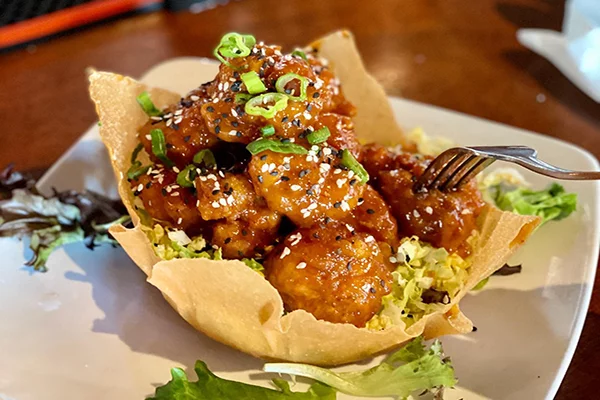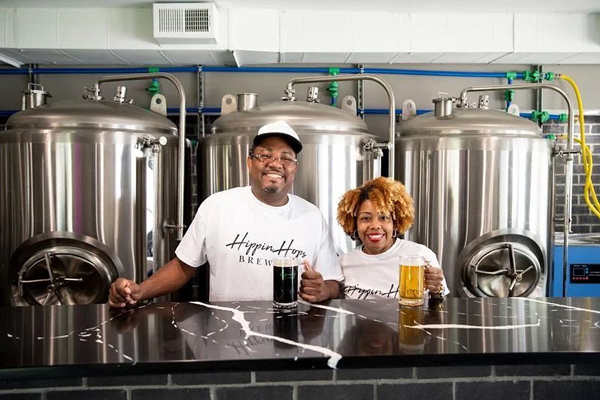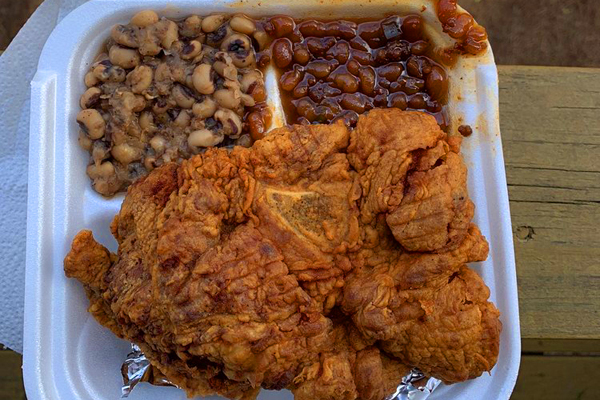How the Latin American Association Helps Food Entrepreneurs in Georgia
You’ve traveled thousands of miles, sometimes on foot, to get to the United States. You’ve gone through months of bureaucratic paperwork and anxiety to earn your citizenship. You’ve found work, made a little bit of money and found a home. But what comes next for an immigrant? How can someone new to the US achieve the American dream without a family member or old friend who can seed an entrepreneurial vision? Often, for many immigrants – and for the Latino community specifically – that support isn’t available to see a dream realized. Luckily for the Latino immigrant community in Atlanta, the Latin American Association is that support system for entrepreneurs. We spoke to Santiago Marquez, CEO of the LAA, about the organization’s history, some of their success stories, and their mission to “empower Latinos to adapt, integrate and thrive”.
SUPPORT THE LAA! The LAA has opportunities year round were individuals or groups can volunteer. All volunteer opportunities can be found here. Those interested in supporting the LAA can also do so by making single or monthly monetary gifts here: https://thelaa.org/donate/
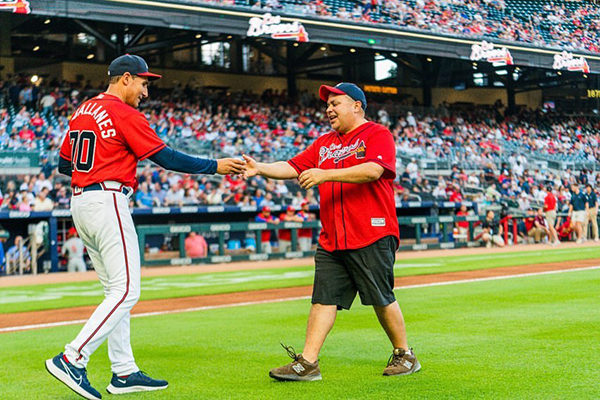
Instagram/thelaa
Can you tell us the history of the LAA – specifically why it was created and why Atlanta is its home?
Our history is intertwined with the rise of the Latino population in the metro Atlanta region. The LAA was founded in 1972 by sheriff deputy Angel Ortiz and Stratton Frank, a Miami native who moved to Atlanta in 1971. Ortiz and Frank founded a small organization to serve Atlanta’s then-emerging Latino population by helping immigrants find jobs and affordable housing. Ortiz and Frank wanted to help immigrants from Latin America settle into their new home country. Ortiz initially worked from the trunk of his car, interpreting for families and providing resources to help them adapt to their new community.
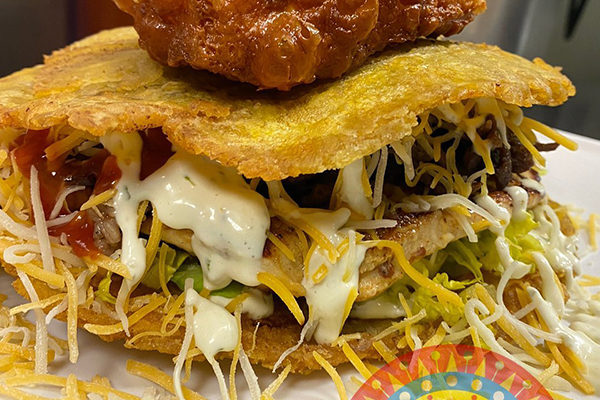
Instagram/losmaracuchosfood
In the early 1990s, the LAA moved into its first home on Buford Highway and expanded its presence to Gwinnett County and later, Cobb County. During this time, the LAA hired its first immigration attorney. The LAA’s first outreach center, in Lawrenceville, opened its doors in 1990.
In 1993, the LAA moved to a new facility on Buford Highway. In 2001, it moved across the street to its current 45,000-square-foot facility after completing a $10.5 million capital campaign funded by generous community support. In its current location, the LAA building stands literally and metaphorically as the gateway to Buford Highway, the nexus of Atlanta’s immigrant communities.
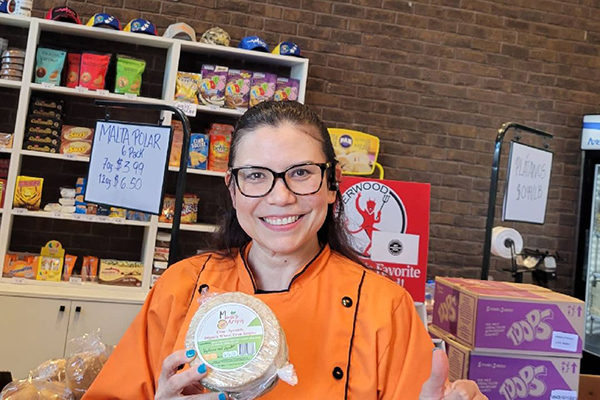
Instagram/mimisarepa
The LAA’s growth mirrors the growth of the Hispanic population in the U.S. According to the 2020 census, Latinos now comprise nearly 20 percent of the U.S. population, making them by far the largest minority group in the country. And officials said this year the census likely undercounted Latinos by about 5 percent.
In 1972, Atlanta’s Hispanic population consisted of a small community of Cubans who lived around the Cheshire Bridge area. There emerged the first generation of very successful Latinos like the Diaz family, which owns Diaz Foods.

Instagram/sugarrushatlanta
The Hispanic community here grew gradually, but it took off in the early 1990s, after Atlanta won the right to host the 1996 Olympic Games. That’s when Georgia, which was not the gateway for Latinos that Miami, New York or Texas were, started to see an influx of Latinos drawn here by the availability of Olympic-related construction and other jobs.

Instagram/melasbakery
Today, there are 1 million Latinos in Georgia, at least half a million in metro Atlanta. Whitfield County, where the nation’s carpet capital, Dalton, is located, has gone from 90 percent white in the 1990s to 51% Latino. Gwinnett County was also mostly white back then. Today it is a minority/majority county, one of the largest counties in the state, and the heart of metro Atlanta’s Latino community.

How do you provide the support/what training or resources are you providing?
Through the LAA’s Latina Empowerment program, Avanzando Juntas, we’ve impacted over 6,000 women across the stat. This program designed for Latina women was created in 2014 with the support of The Coca-Cola Foundation, with the purpose of offering women the opportunity to use their experiences, talents, skills, and interests in achieving personal and professional growth in the U.S.
¡Avanzando Juntas! is a comprehensive program that encompasses several components of development and economic empowerment such as: Education, Employment, Microenterprise Development and special training events such as the Annual Latina Entrepreneur Conference.

Instagram/tablasgourmetcatering
Most Latina women are more likely to live with scarce economic resources compared to women of other ethnic groups. They sometimes lack the education, experience, and skills, even the self-confidence to pursue economic self-sufficiency. However, the Latina immigrant woman has the immense potential to improve her and her family’s economic situation by becoming an agent of change for her community. This is where ¡Avanzando Juntas! plays an important role in inspiring, empowering, and educating Latinas by providing them with the resources and education they need to achieve economic self-sufficiency.
What are some of the businesses that have started with the ¡Avanzando Juntas! program?
A few businesses that have started at the LAA’s Avanzando Juntas includes:
- Sweet Toppings ATL
- Tablas Gourmet Catering
- Los Maracuchos Foods
- Mrs. Sweet Bakery Cafe
- Mimi’s Arepas
- Mela’s Bakery
- Sugar Rush




